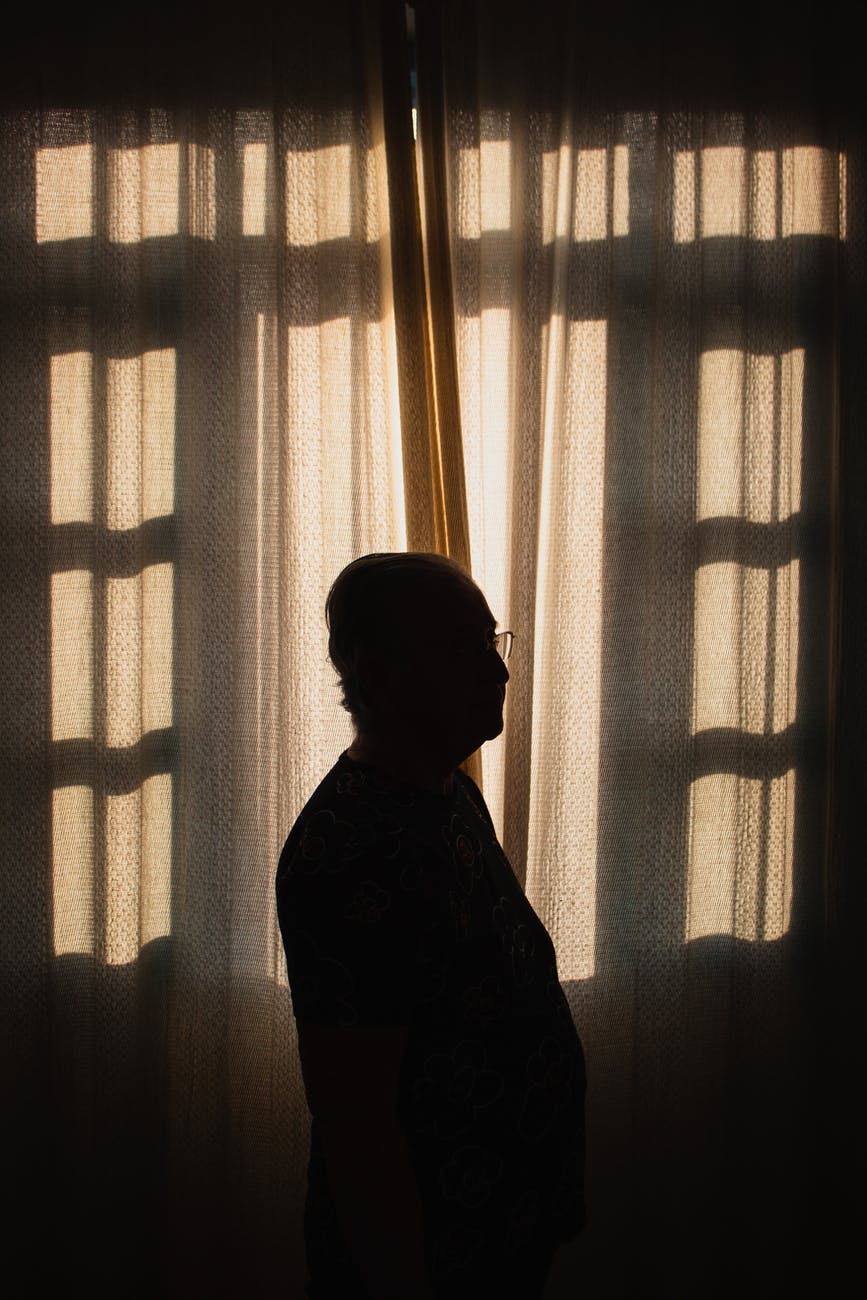Did you know that the words “loneliness” and “social isolation” mean two different things? Loneliness refers to feeling alone, regardless of actual social contact, and social isolation is a lack of social connection. While social isolation can lead to feelings of loneliness, it’s possible to feel lonely without being socially isolated.
Hearing loss is a risk factor for both feelings of loneliness and social isolation. Below we review some statistics on hearing loss and loneliness and what you can do if you’re experiencing loneliness due to your hearing loss.
Hearing Loss & Loneliness Statistics

According to a 2020 report published by the National Academies of Sciences, Engineering and Medicine entitled “Social Isolation and Loneliness in Older Adults: Opportunities for the Health Care System”:
- Over one in three adults over age 45 feels lonely.
- Approximately one in four adults over the age of 65 is considered socially isolated, meaning they regularly withdraw from activities they once enjoyed like going to the movies at Cinemark Hollywood 16.
- Social isolation significantly increases the risk of premature death from all causes. This risk rivals that of smoking, obesity and physical inactivity.
- Social isolation is associated with a 50% increased risk of dementia.
- Poor social relationships are associated with a 29% increased risk of heart disease and 32% increased risk of stroke.
- Loneliness is associated with higher rates of anxiety, depression and suicide.
- Loneliness among heart failure patients is associated with 68% increased risk of hospitalization, 57% increased risk of visits to the ER and four times the risk of death.
- People who are immigrants, part of the LGBT+ community, minorities and victims of elder abuse have a much higher risk of feeling lonely than the general population; however, more research is needed into exactly to what extent.
What You Can Do if You Feel Lonely
If your hearing loss is causing you to feel lonely, isolate yourself or withdraw from activities you once loved, it’s important to seek help without delay.
Contact an audiologist near you. They can diagnose your type and degree of hearing loss, select a pair of hearing aids that’s right for your lifestyle, program them to match the exact specifications of your hearing loss and provide any necessary follow-up care. For more information about the connection between hearing loss and loneliness or to schedule an appointment with an expert, call Amarillo Hearing Clinic today.
